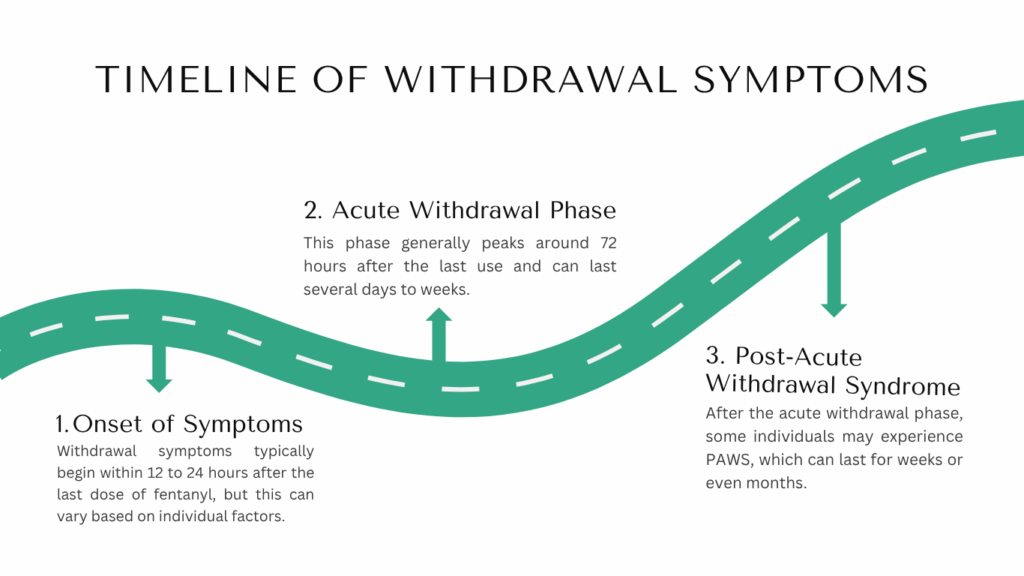Fentanyl addiction is a growing public health crisis, with overdoses in the Atlanta area skyrocketing since 2020. From 2019 to 2021, fentanyl-related overdose deaths increased by 232% in Georgia. And some studies have indicated that men experience fentanyl addiction differently than women.
At Hand in Hand Recovery, we provide access to gender-specific outpatient treatment programs, specifically for men needing fentanyl addiction treatment in Marietta, Georgia. Our goal is to provide a safe space for our clients to heal and grow as men, without the shame and guilt that often accompany addiction.
Understanding Fentanyl Addiction
Fentanyl, a synthetic opioid 50-100 times more potent than morphine, is often prescribed for severe pain but has become increasingly misused and abused due to its euphoric effects. Men are disproportionately affected by opioid overdoses, suffering a two to three times greater mortality rate from opioids compared to women. The rate of death between 2020 and 2021 was also almost three times as high in men as in women.
Unfortunately, biological factors and societal pressure may contribute to why men are more likely to abuse fentanyl than women. Biologically, because of higher testosterone levels, men may be more prone to engaging in risk-taking behaviors, such as experimenting with drugs. This may lead to a misuse of fentanyl.
Additionally, a lot of men struggle with societal expectations, which discourages seeking help for struggles related to mental health. This stigma may drive men to use fentanyl as a coping mechanism for stress, trauma, or other mental health issues. Men in high-risk occupations, such as construction or manual labor, are also more prone to injury, which may cause them to use fentanyl.
Understanding these dynamics is crucial for effective treatment. Gender-specific treatment programs create a safe environment where male clients can openly address addiction without fear or judgment.
Signs and Symptoms of Fentanyl Addiction
Recognizing fentanyl addiction in men requires attention to physical, behavioral, and emotional changes. Common signs include:
- Physical Symptoms: Pinpoint pupils, drowsiness, slurred speech, respiratory depression, weight loss, poor hygiene, frequent nausea.
- Behavioral Changes: Secretive behavior, neglecting responsibilities, engaging in risky activities, and doctor shopping.
- Emotional Shifts: Mood swings, irritability, withdrawal from family and friends, and defensiveness.
Because of the stigma surrounding men and how they are “supposed to” behave, they may try to hide these symptoms to maintain an image of control. Unfortunately, this often leads to continued use and overdose.
The Value of Gender-Specific Treatment
At Hand in Hand Recovery, we provide outpatient programs for men and their needs. Doing this allows us to foster recovery in a supportive, relatable environment. Men often benefit from settings where they can discuss issues like societal expectations, masculinity, or trauma without the pressure of mixed-gender dynamics.
In our program, clients have the freedom and are often encouraged to explore topics like anger management, fatherhood, or workplace stress. Our program also meets the physiological needs of our male clients, as our treatment teams are experts in this area.
Because men may metabolize fentanyl differently than women, their bodies experience withdrawal differently as well. We consider this and many other factors when treating our clients.

Detox and Withdrawal Management
Typically, detoxification is the first step in fentanyl addiction treatment, but it can be challenging due to the potency of fentanyl. Withdrawal symptoms may include:
- Intense Cravings
- Muscle Aches
- Anxiety
- Insomnia
These symptoms often begin within hours of the last dose and peak within 1-3 days. Medical detox is usually necessary to ensure that clients get through this process in the safest way possible.
Though Hand in Hand Recovery does not offer medical detox, we partner with the best in the business, connecting our clients to people who care and know what they are doing. During this process, medical professionals supervise clients to ensure safety and comfort. Clients may be prescribed different medications to ease withdrawal symptoms and reduce cravings.
The detox programs we partner with also provide psychological support throughout the process. Detox may last anywhere from 5-10 days, and then clients are often transitioned to a treatment program after that.
Our Program
At Hand in Hand Recovery, we offer our clients several levels of outpatient care. These flexible and customizable programs allow men to live at home while receiving treatment. We understand that clients often have jobs or families and cannot commit all their time to recovery. That is why we fit recovery into their lives.
Intensive Outpatient Program (IOP)
Our highest level of care, IOP, is ideal for men who need structured support but can maintain some daily responsibilities.
Sessions take place for several hours a week, and may include services such as:
- Individual Therapy
- Group Therapy
- Skill-Building Workshops
- CBT
- DBT
- Psychoeducation Groups
- Holistic Treatment
- And More!
Outpatient Treatment
Our outpatient program is best for men who have completed IOP or require less intensive care. Clients are only obligated to attend an hour or two of treatment per week, typically consisting of individual and group therapy.
Outpatient care focuses on maintaining sobriety and addressing long-term goals. Our program supports men as they reintegrate into communities, but keeps them connected to professional guidance.
Both programs are tailored specifically to our male clientele, incorporating gender-specific therapy groups and activities like mindfulness training or fitness challenges to promote mental resilience and physical well-being.

Evidence-Based Interventions
Effective fentanyl treatment relies on evidence-based interventions proven to improve outcomes.
Key approaches include:
- Cognitive Behavioral Therapy (CBT): CBT helps our clients identify and change negative thought patterns that fuel addiction. Clients typically work with their therapist to accomplish this.
- Motivational Interviewing: MI encourages men to find internal motivation for recovery, addressing any ambivalence about change. This can be incredibly life-changing for men pressured by societal or external expectations.
- Medication-Assisted Treatment (MAT): MAT uses medications to support long-term sobriety, oftentimes addressing underlying conditions or helping minimize cravings.
- Relapse Prevention: Clients work with their treatment team to develop coping skills and positive habits that can be used to prevent relapse in the long term.
Clients have the opportunity to participate in a customized combination of these services. We choose programs based on their need and any underlying or co-occurring conditions.
Holistic Approaches
Though evidence-based practices are the cornerstone of our programs, we also believe in treating the entire client. Holistic approaches complement these services by addressing the whole client–mind, body, and spirit. These methods can counteract the emotional suppression often tied to societal norms for men.
- Mindfulness and Meditation: Helps men manage stress and cravings by staying present. Guided meditation sessions teach men to observe thoughts without judgment, reducing impulsive urges to use fentanyl.
- Physical Fitness: Exercise, such as weight training or group sports, boosts endorphins and improves self-esteem. Fitness programs also provide a healthy outlet for stress.
Start Your Recovery Today
Fentanyl addiction is a serious challenge, but with the right support, men can achieve lasting recovery. Our gender-specific programs at Hand in Hand Recovery address the unique needs of our clients, emphasizing overall, long-lasting recovery.
Call us today at (470) 280-2791 to begin your recovery journey. We will start with a comprehensive assessment to determine your treatment needs.

 info@handinhandrecovery.com
info@handinhandrecovery.com 3411 Austell Road Suite 200, Marietta, Georgia, United States
3411 Austell Road Suite 200, Marietta, Georgia, United States

